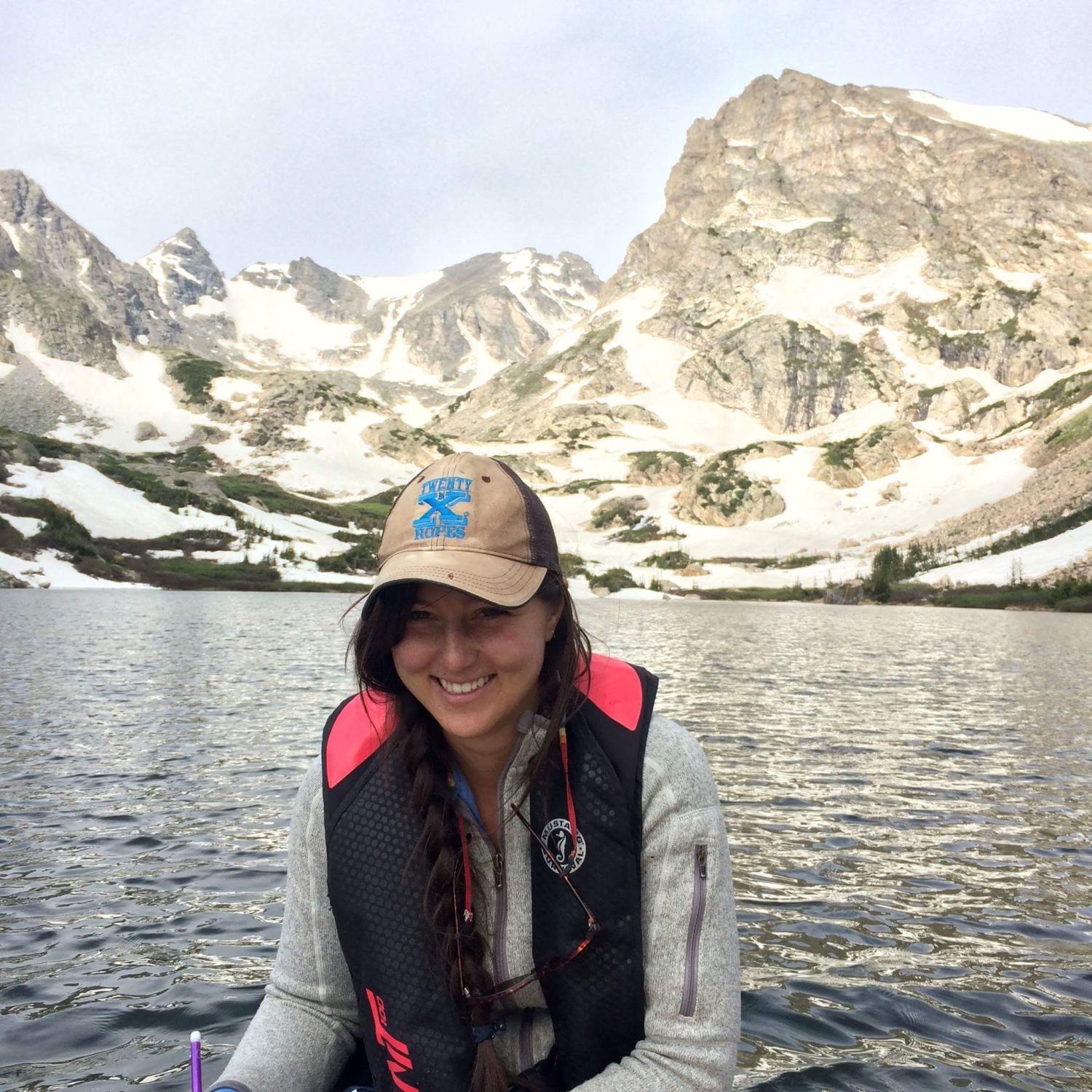Little Creatures and Big Questions - Kelly Loria
Scientists are lucky, we get to spend our time asking questions and then seeking the answers. The University of Colorado’s EBIO department is filled with inspiring people asking questions across all scales of nature. Personally, I’m curious about how the indirect and direct actions of humans affect aspects of aquatic ecosystems. With the help of Dr. Pieter Johnson, I’m working on an honors thesis that examines how well zooplankton communities act as bioindicators of habitat quality by evaluating their responses to disturbances. As an undergraduate student, pursuing an honors thesis has been a fantastic opportunity to synthesize the experience I’ve gained in experimental design, data collection, analysis, and communication. Though my questions about aquatic ecosystems may be large, the focal organisms are tiny, and it has been challenging and rewarding to process and interpret all of the information. Aside from my honors thesis I’m also involved with conservation-based research in Niwot Ridge’s Long Term Ecological Research sites in Green Lakes Valley. It is crucial to study alpine ecosystems both because of their expected sensitivity to climate shifts and because of their role in ecosystem services, including provisioning of water. In future, I hope to build upon my knowledge of community ecology in order to keep learning how best to protect sensitive ecosystems.



